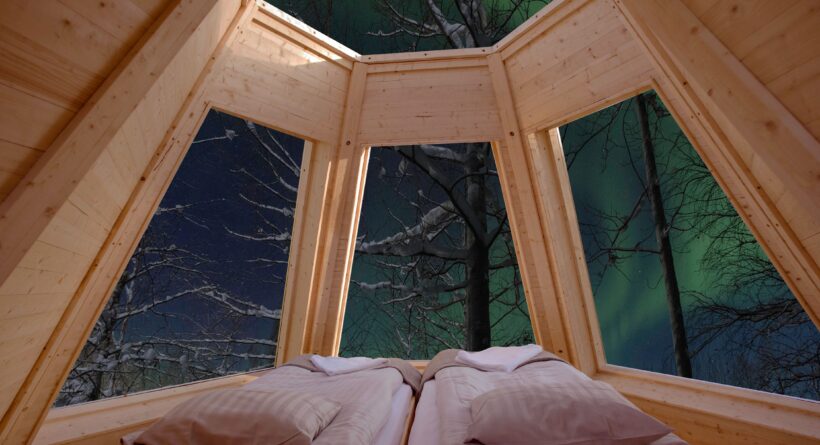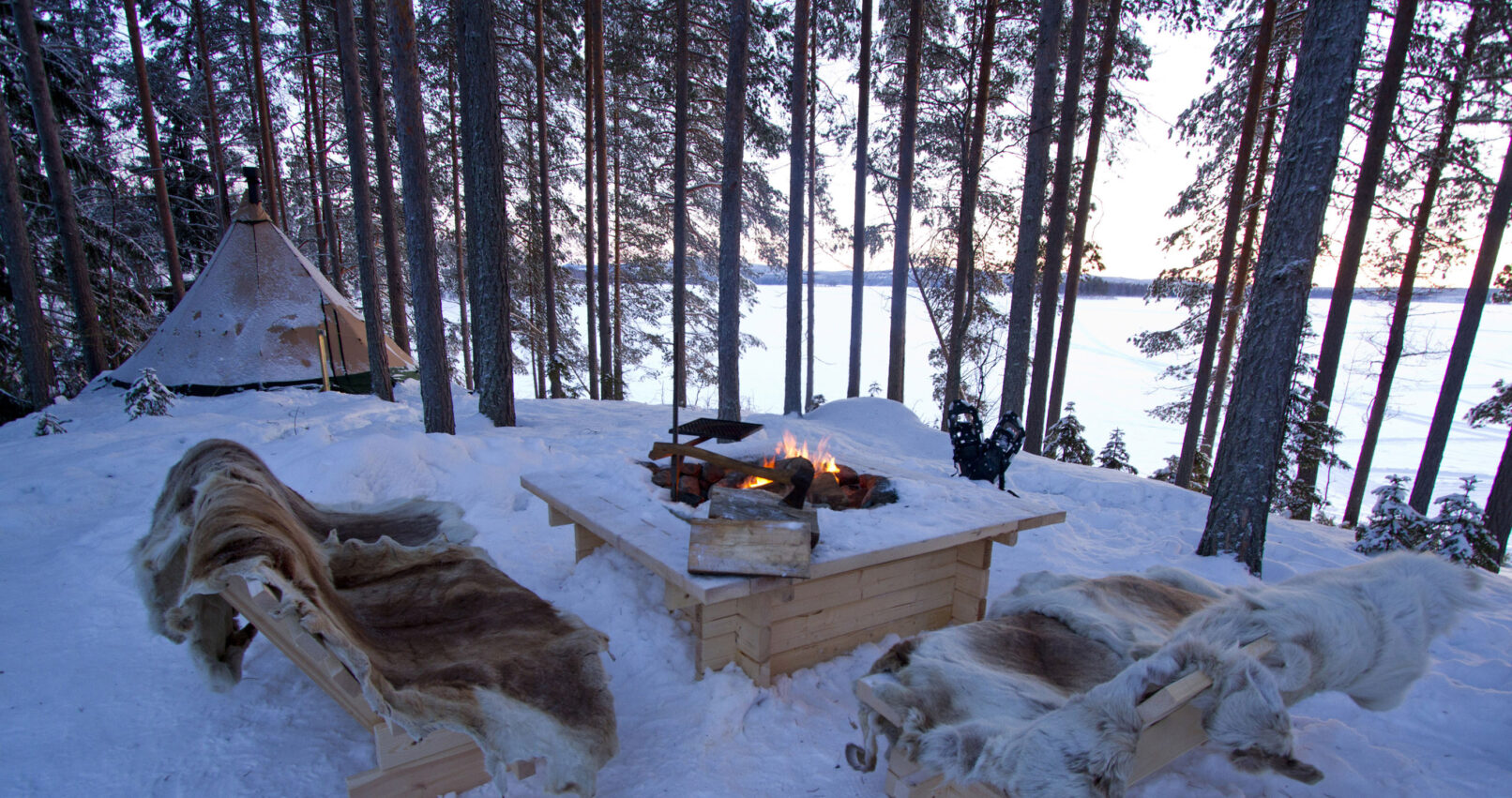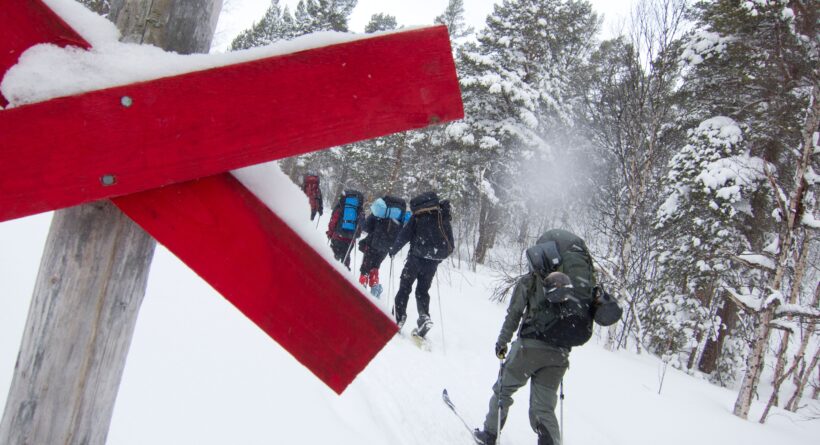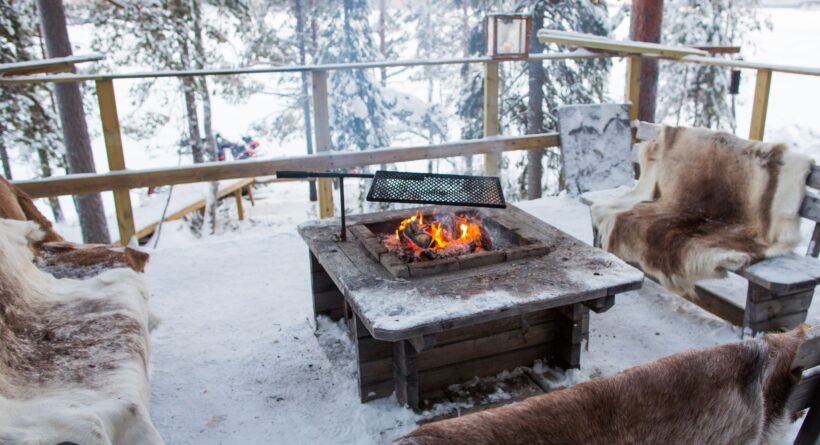Aurora Safari Camp
[cbxwpbookmarkbtn]
Vid Råneälven hittar ni Aurora Safari Camp, grundad av fotografen Fredrik Broman. Aurora Safari Camp är inspirerad av de Afrikanska safaricamperna. Formen är en glamping camp, alltså en camp där ni kommer nära naturen men fortfarande bor väldigt bekvämt.
This camp was the first of its kind here in northern Sweden and it is the first camp with comfortable tent cabins that also fit the Arctic winter climate.
1993 flyttade Jonas Geijke till Kenya för att arbeta med olika camper och lodger, samt att bygga upp aktiviteter kopplade till dessa. Fredrik flyttade till Kenya 1998, och började jobba tillsammans med Jonas och hans koncept. De jobbade tillsammans i flera år och det var denna erfarenhet i Kenya som inspirerade Fredrik att starta upp verksamheten i Lassbyn utanför Boden. Som fotograf var fototurer det som Fredrik kom att fokusera på nere i Afrika, han startade upp turer med gäster från framför allt östra Afrika. Detta var också något som han tog med sig in i sin verksamhet i Lassbyn. När Aurora Safari Camp stod klart 2013 kunde han börja ta emot gäster och också lägga till fototurer, men i detta fall med den arktiska touchen.
Idag är det Jonas och hans fru Naila som driver företaget Aurora Safaris där Aurora Safari Camp är en av boendeupplevelserna de erbjuder. Aurora Safari Camp har idag fem bekväma rum, 3 lyxiga lavvu och 2 lapland cone med glasfönster. De paketerar aktiviteter och boende och välkomnar besökare från hela världen.
AURORA SAFARI CAMP
Lassbyn 217
961 97 Gunnarsbyn
+46 729 258 726
bookings@aurorasafaris.com






